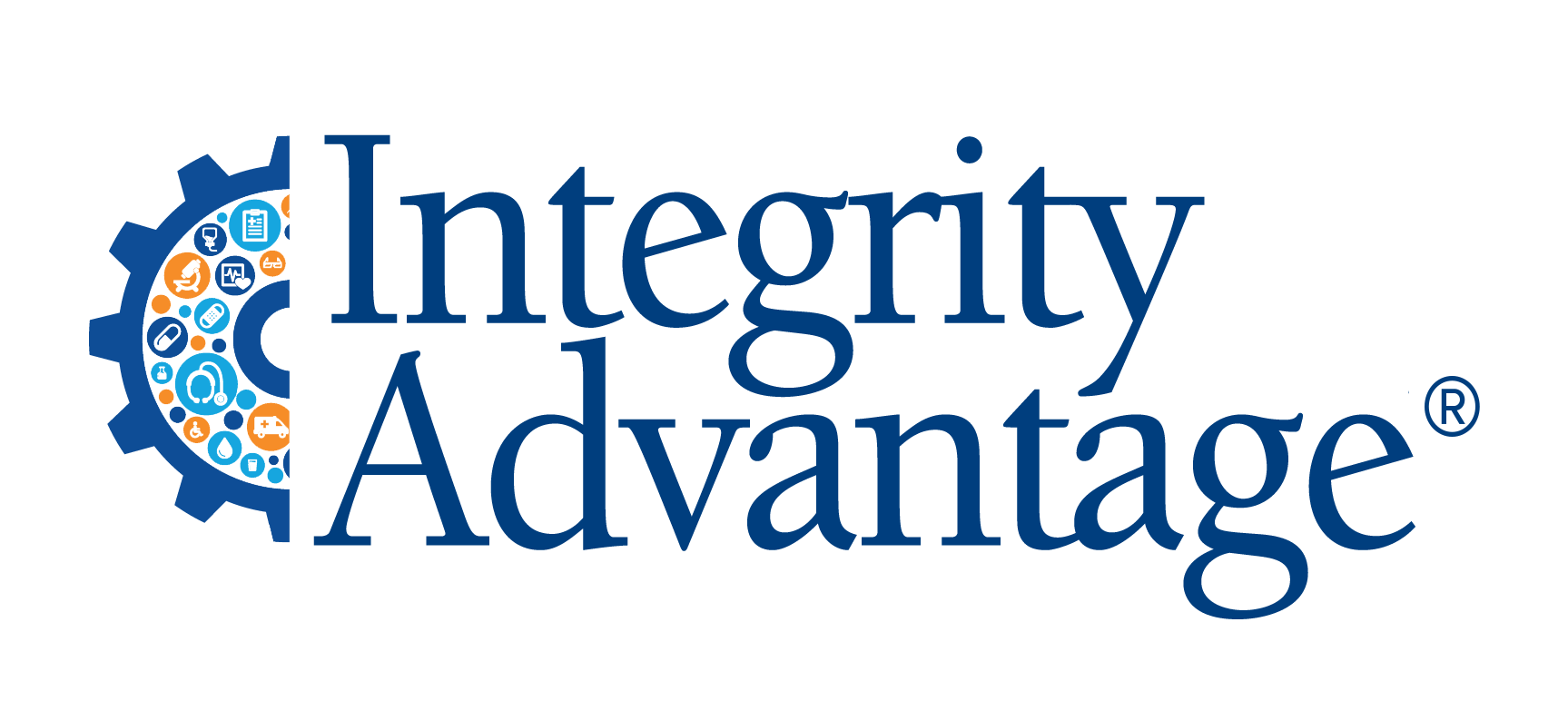Supreme Court Rejects Interpretation That Would Have Gutted the False Claims Act
Check out the latest article from our Integrity Advantage investigations team, which breaks down the latest Supreme Court ruling (hint: the decision is a big win for fraud fighting agencies!)
In a victory for the False Claims Act, the Supreme Court ruled to uphold the status quo!
The False Claims Act (FCA) is instrumental in the recoupment of false and fraudulent claims submitted to the government. The FCA also provides an effective deterrence against the submission of false claims, lest would-be fraudsters be subject to treble damages. The FCA came under fire in the 7th Circuit’s decision [1] that ruled that the defendant’s subjective intent was irrelevant so long as the defendant’s post hoc interpretation of the rule or regulation was deemed objectively reasonable, regardless of whether the defendant actually considered that interpretation at the time. Per the 7th Circuit’s ruling: “A defendant might suspect, believe, or intend to file a false claim, but it cannot know that its claim is false if the requirements for that claim are unknown.”
The cases in question, which had been consolidated, were U.S. ex rel. Schutte v. SuperValu Inc. [2] and U.S. ex rel. Proctor v. Safeway.[3] The pharmacies both had discount programs or price match programs that substantially lowered drug prices, yet they continued to report the non-discounted prices as their “usual and customary price” charged to the government. The whistleblowers had presented evidence in the Safeway case that the pharmacy had been advised that they had to report discounted prices given to the general public as their usual and customary price. Furthermore, evidence showed that Safeway had even cautioned employees against putting the price match (discount) policy into writing so as to avoid having to report the lower (discounted) usual and customary price. Nevertheless, the 7th Circuit ruled that term “usual and customary” was ambiguous, and therefore the requirements of the claim were unknown, and consequently the pharmacy could not possibly have known their claim was false.
This interpretation would have been disastrous for the Healthcare Fraud Industry if upheld, as it would have allowed fraudsters to deliberately file false claims wherever ambiguous guidelines existed. Thankfully, the Supreme Court soundly rejected the 7th Circuit’s interpretation of the scienter element (intent or knowledge of wrongdoing) referring to the reasonable person standard as opposed to knowledge and subjective belief in a 9-0 decision on June 1, 2023. The Supreme Court held that “even though the phrase ‘usual and customary’ may be ambiguous on its face, such facial ambiguity alone is not sufficient to preclude a finding that respondents knew their claims were false.”
Moreover, Justice Thomas’ majority opinion placed the onus on the provider to ask clarifying questions when they don’t understand billing rules and regulations rather than hide behind the ambiguity of the regulation and bill in the manner that yields the highest reimbursement: “the term ‘deliberate ignorance’ encompasses defendants who are aware of a substantial risk that their statements are false, but intentionally avoid taking steps to confirm the statement’s truth or falsity.” This ruling is a victory for the Department of Justice and the fraud prevention industry at large.
[1] http://media.ca7.uscourts.gov/cgi-bin/rssExec.pl?Submit=Display&Path=Y2022/D04-05/C:20-3425:J:St__Eve:aut:T:fnOp:N:2856906:S:0
[2] https://www.supremecourt.gov/search.aspx?filename=/docket/docketfiles/html/public/21-1326.html
[3] https://www.supremecourt.gov/search.aspx?filename=/docket/docketfiles/html/public/22-111.html
Should you need support in identifying and defining your plan’s specific conditions of payment, we can help.
With more than 30 years of experience supporting payers, Integrity Advantage provides healthcare fraud, waste and abuse consulting, outsourced investigations and medical record reviews for Special Investigations Units and other organizations fighting healthcare fraud. We are a certified Women’s Business Enterprise (WBE) and an Economically Disadvantaged Woman Owned Small Business (EDWOSB).
For more information click below, call us at 866-644-7799 or email info@integrityadvantage.com.

